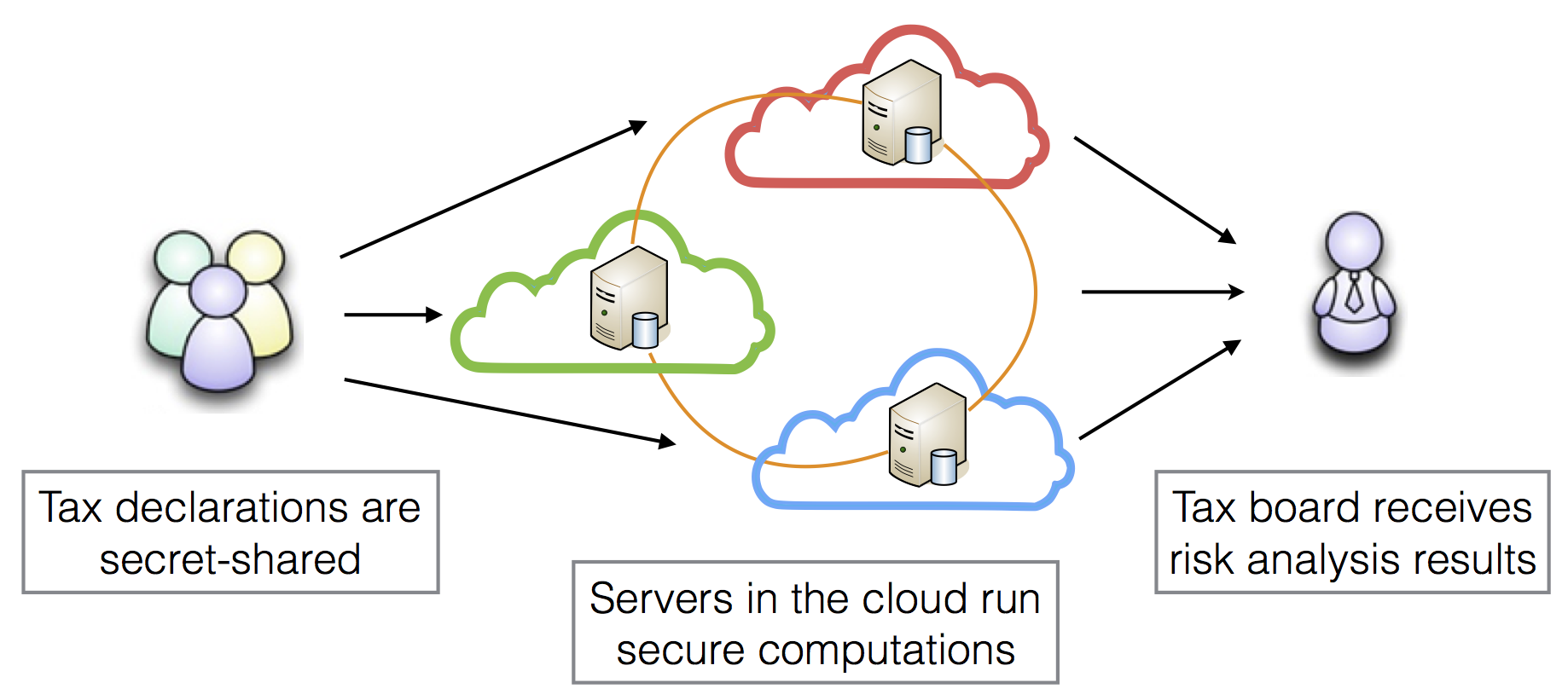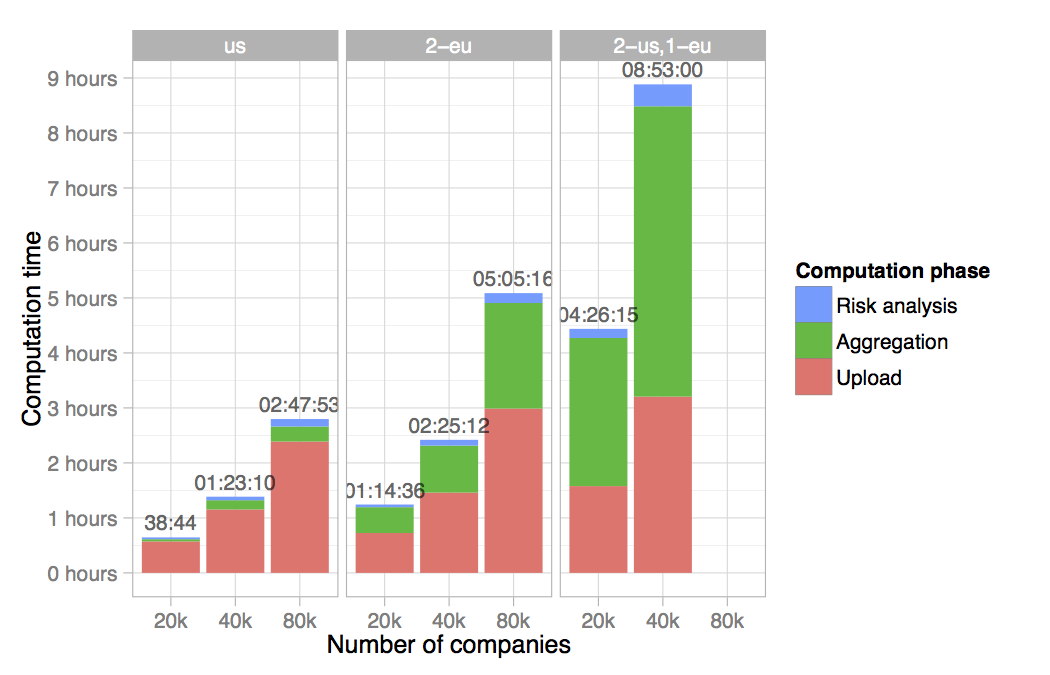Tax fraud comes in many shapes and sizes, but VAT fraud is one specifically problematic for Estonia. In fact, EU VAT gap is constantly estimated to hundreds of millions of euros of lost money, indicating black market activity or malicious misdeclaration.
Cool countries make the rules, not break the rules
Estonia battles it with a fairly elegant tactic - all companies are required to declare sales or purchases of over 1000 euros. These declarations are then compared against each other - if a discrepancy pops up, say company A declares only 10,000 euros of sales but company B declares purchases of 20,000 euros from company A, there is something clearly wrong and the company is flagged. The comparison happens using risk analysis tools and is a fairly common business intelligence process, familiar to any large enterprise or organisation.
Bound by barriers
However, the tax board is a civil authority, bound by laws and regulations regarding data processing - especially if the data at hand is sensitive or confidential, which business transactions definitely are. This poses barriers as to how data can be processed and might incentivise governmental authorities to lift bans on certain procedures to be able to still maintain their goals (in our case, detecting tax fraud).
Sharemind technology can be used in a cloud application for more cost-efficiency

Sharemind offers tools to solve all these issues - both in crossing legal barriers and offering data analytics tools that keep "honest" entities' data untouched. However, with very large volume data sets (such as all monthly business transactions in a country), performance becomes an issue. Typically, we would look into hardware costs for the computation power needed, but in the public sector we must take into account the bureaucratic processes as well (administration, maintenance and procurement of the hardware), which in the end makes the solution costly enough to not justify the reaped benefits.
Sharemind tools can be operated in cloud-based servers as well, moreover, this could alleviate the concerns of hardware investments when dealing with very large volume data sets in the public sector. The team set about to test their hypothesis, and the results concluded that deploying and running a large-scale application performing secure computations can be extremely cost-efficient in elastic cloud computing environment (supported by PRACTICE project).
Take a look at our risk analysis and fraud prevention booklet for more information.


